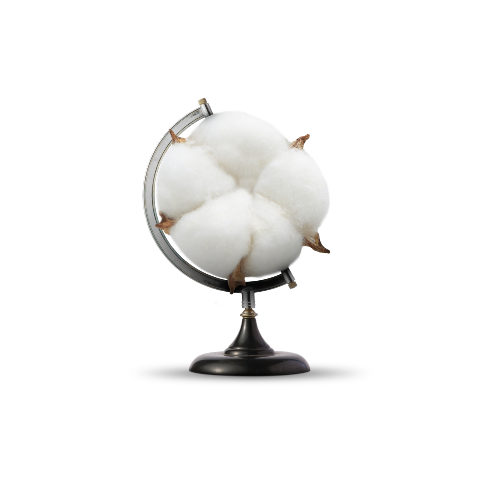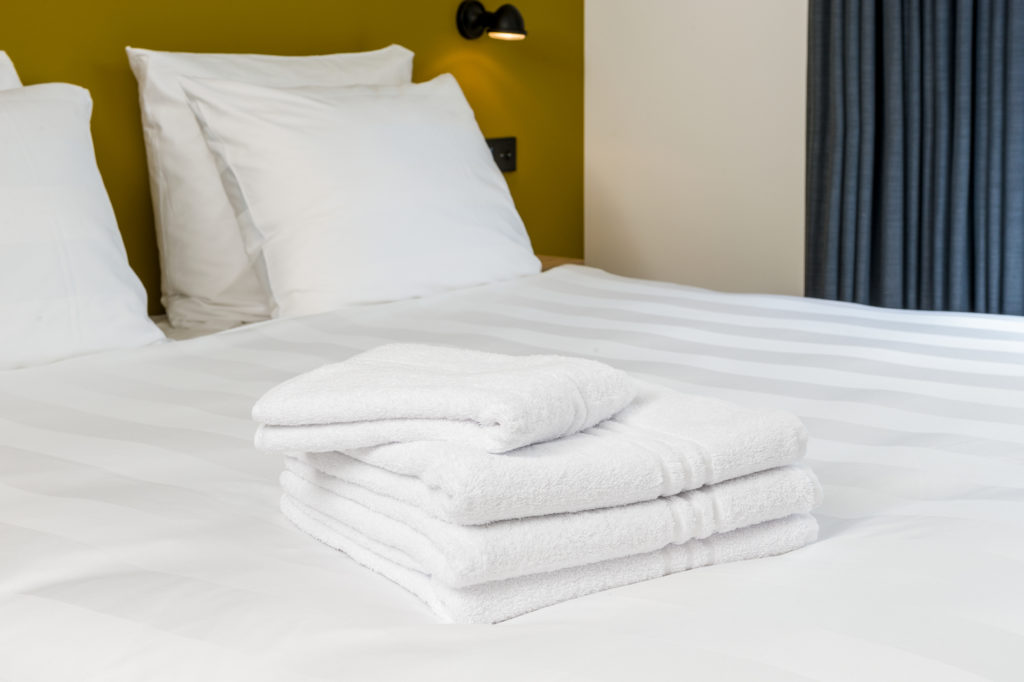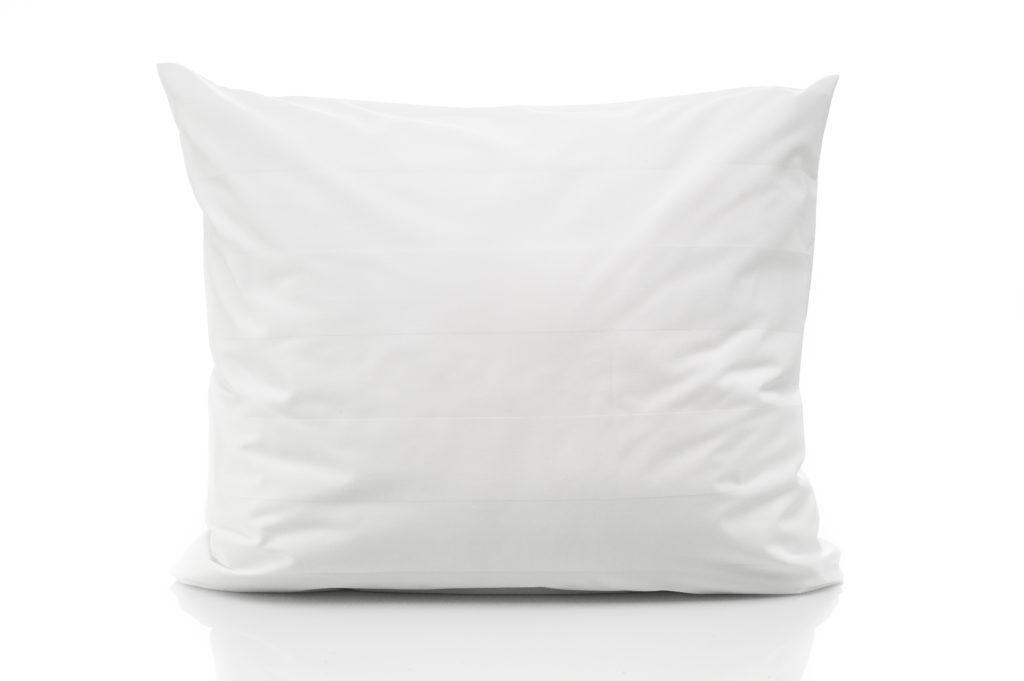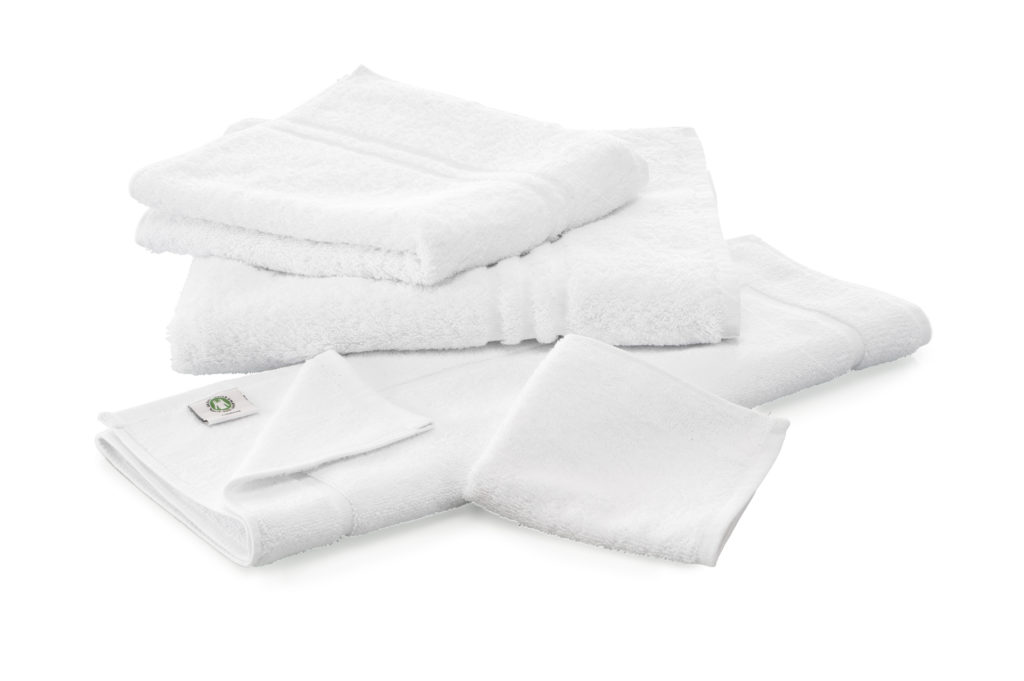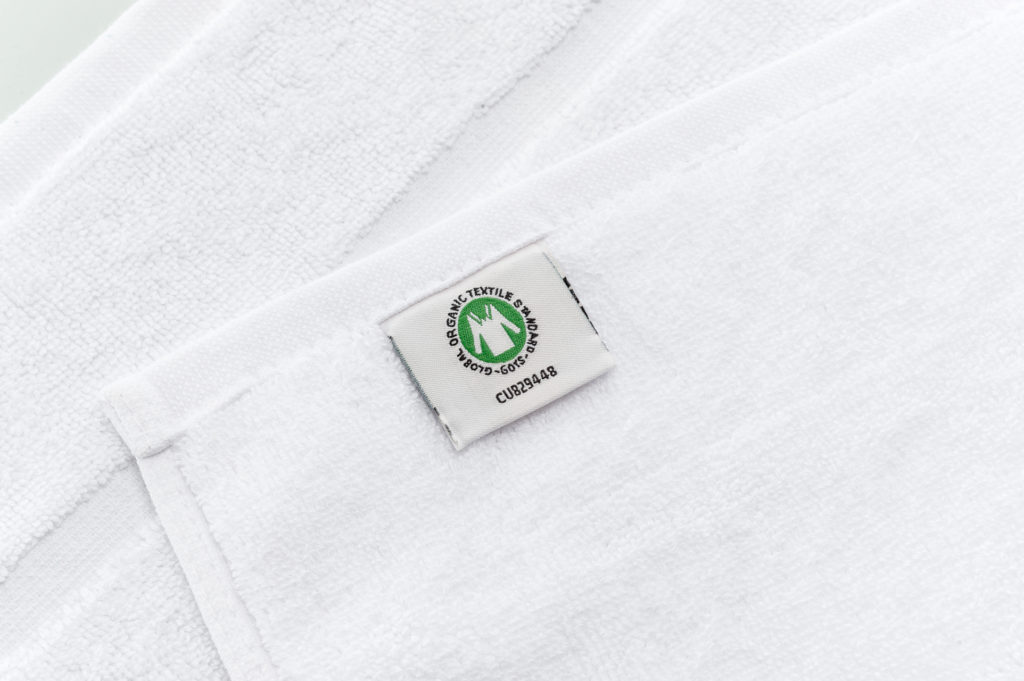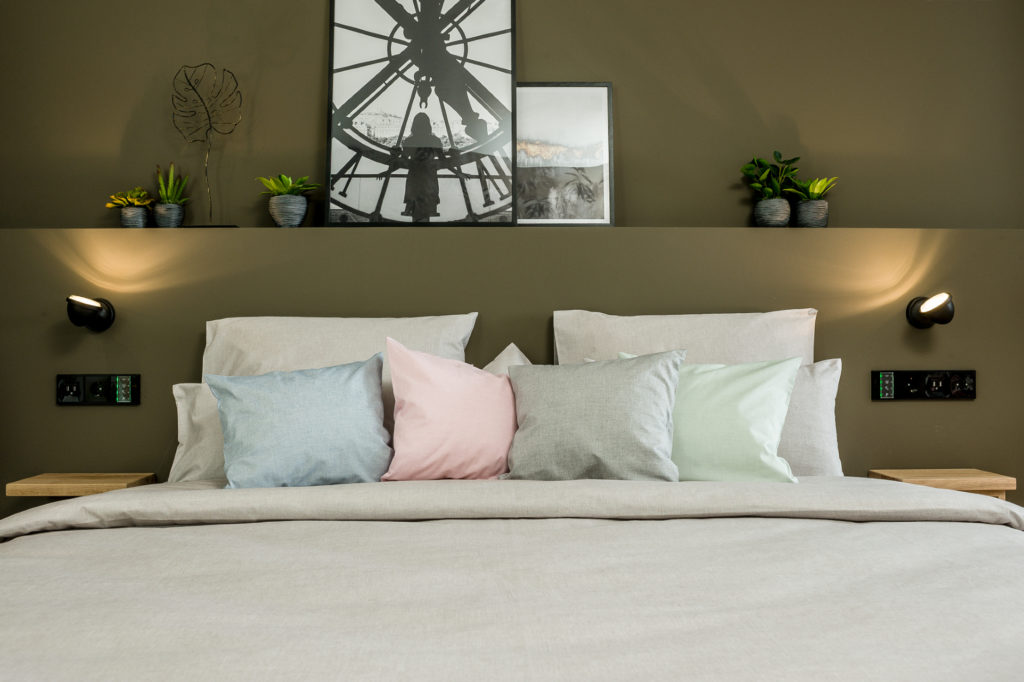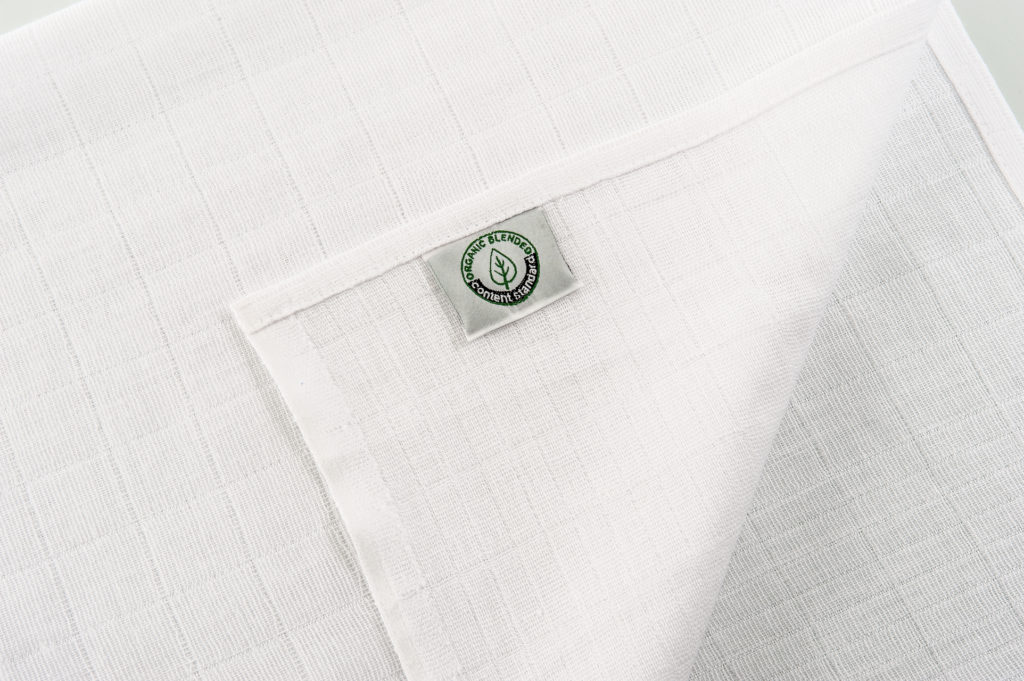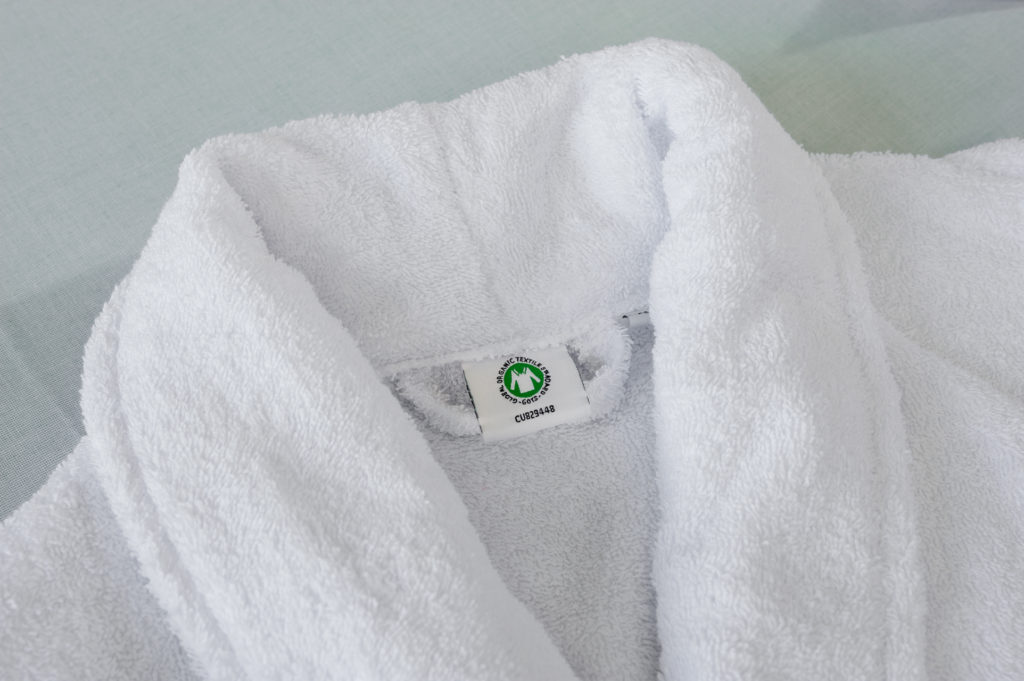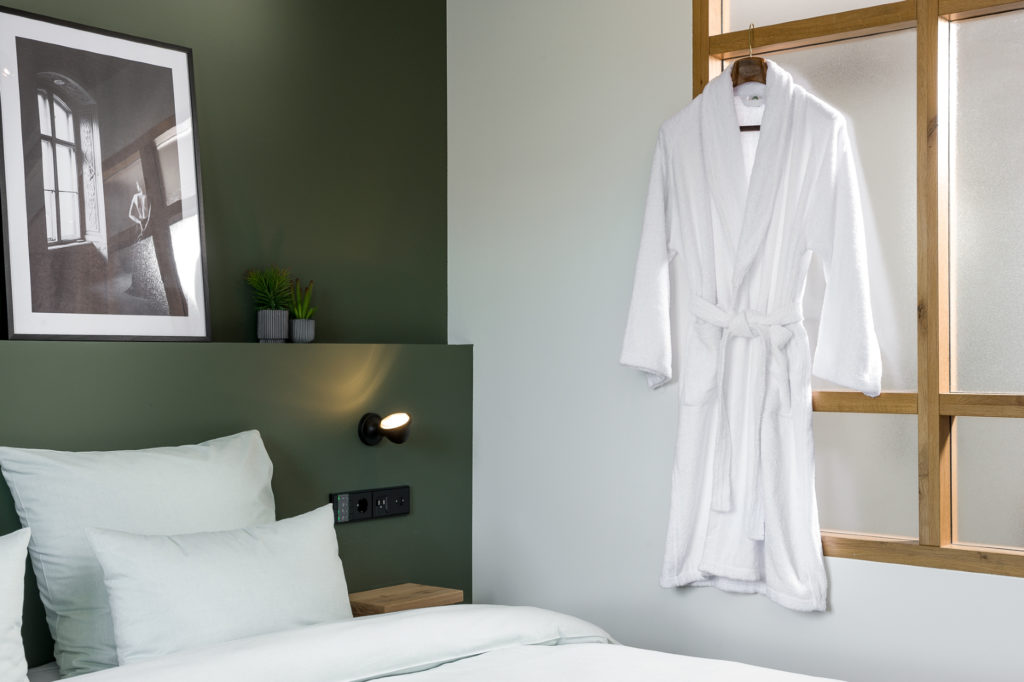(SUSTAINABLE) COTTON CULTIVATION
With regard to the environment, conventional cotton cultivation causes a number of problems. Organically grown cotton is the more sustainable alternative, but what are the differences?
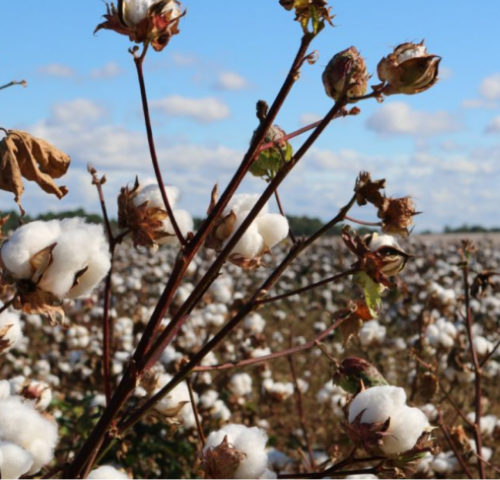
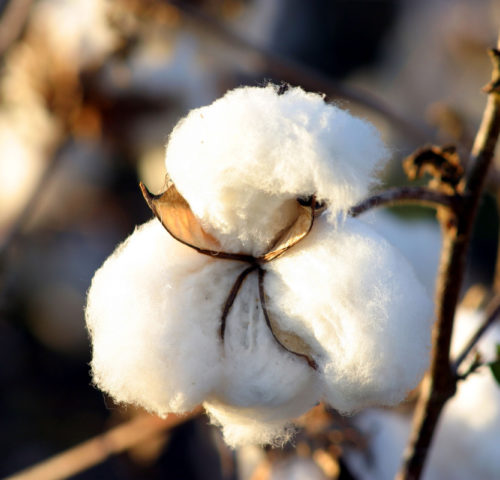
CHARACTERISTICS CONVENTIONAL COTTON CULTIVATON
Conventional cotton cultivation causes a number of environmental problems, especially at a local level. Some examples of problems, which are recognized internationally, are:
- Soil degradation and loss of biodiversity due to one-sided cultivation (monoculture) and use of pesticide.
- Supply of large quantities of fertilizers for cultivation.
- Use of large quantities of artificial pesticides to protect against diseases, pests and weeds. These pesticides end up in the surface water and are often applied in ways that are harmful to human health.
- Contribute to water scarcity through (inefficient) irrigation. The cotton plant needs a lot of water to produce cotton.
CHARACTERISTICS ORGANIC COTTON CULTIVATION
In order to reduce the above problems, more and more efforts are being made to grow cotton organically worldwide. The main differences with conventional cultivation are:
- Synthetic pesticides may not be used.
- No artificial fertilizer may be used (animal/organic manure may be used).
- Water wastage is being prevented by means of a water management plan. Farmers have better knowledge of (organic) cotton production and learn to irrigate more efficiently.
- An important advantage of organic cultivation is that it is more sustainable in the long term, because organic cultivation pays explicit attention to effects on the soil (prevention of impoverishment) and effects of pesticide use in the medium and long term.
Because of the above arguments, organically grown cotton is regarded as an environmentally better choice than conventional cotton. A good reason for HeboVanDijk to replace the collection where possible with more environmentally friendly alternatives, based on organically grown cotton.
